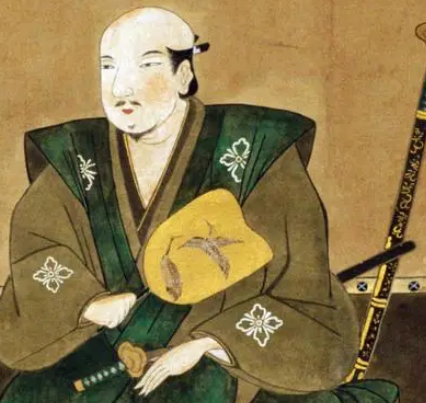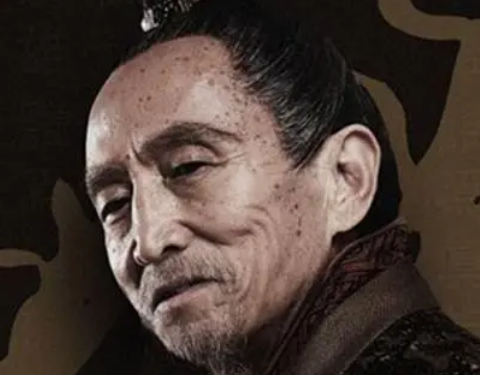The death of Emperor Xianfeng marked the further decline of the imperial power of the Qing Dynasty. After him, the Qing Dynasty emperors no longer had real power, which was due to various reasons, involving the rigidity of the political system, the intervention of external forces, and the unrest of social structure.

Firstly, during Emperor Xianfeng's reign, he faced internal and external troubles, especially the outbreak of the Taiping Rebellion and the defeat of the Second Opium War, which severely weakened the ruling foundation of centralization. In response to these crises, the emperor had to rely on the strength of local warlords such as Zeng Guofan and Li Hongzhang. These local forces gradually grew stronger in suppressing rebellions and foreign wars, posing a challenge to central authority.
Secondly, Emperor Tongzhi and Emperor Guangxu, who succeeded Emperor Xianfeng, ascended the throne at a young age, lacking executive experience and ability. The political power actually fell into the hands of members of the royal family such as Empress Dowager Cixi and the Eight Banner nobility. Empress Dowager Cixi exercised actual power over the Qing Dynasty through the system of "curtain listening," while the emperor became a symbolic ruler. This phenomenon of internal members of the royal family controlling the political power further weakened the emperor's authority and actual control.
Thirdly, with the continuous aggression and interference of Western powers, the international status of the Qing Dynasty declined. Through unequal treaties, the powers deprived the Qing Dynasty of many sovereignty, including tariff autonomy, territorial leasing rights, etc., seriously limiting the emperor's power. These external pressures exacerbated the internal conflicts of the Qing government and made the emperor's status more awkward.
Finally, social and economic unrest and popular dissatisfaction were also important reasons for the emperor to lose real power. With the development of industry and commerce and the emergence of capitalist germination, the traditional feudal economic structure began to collapse, while the Qing government failed to effectively respond to these changes, leading to intensified social conflicts. Rebel movements among the people, such as the Yihetuan, further destabilized the ruling foundation of the Qing Dynasty.
In summary, the death of Emperor Xianfeng was not an accident but a microcosm of the decline of imperial power in the Qing Dynasty. After him, the Qing Dynasty emperors no longer had real power due to various factors such as the rigidity of the internal political system, the intervention of external forces, the unrest of social structure, and the lack of personal ability of the emperor. The history of this period is not only a reflection on the rule of the Qing Dynasty but also an analysis of the deep-seated problems of the feudal dynasty system in China.
Disclaimer: The above content is sourced from the internet and the copyright belongs to the original author. If there is any infringement of your original copyright, please inform us and we will delete the relevant content as soon as possible.































